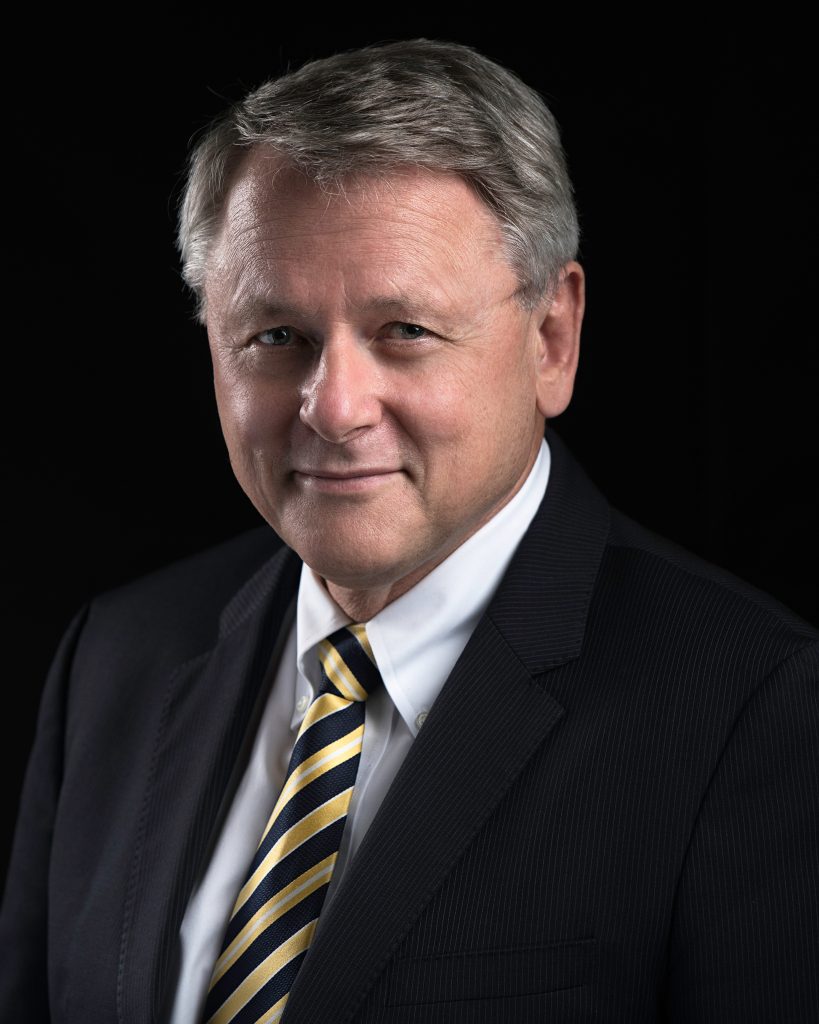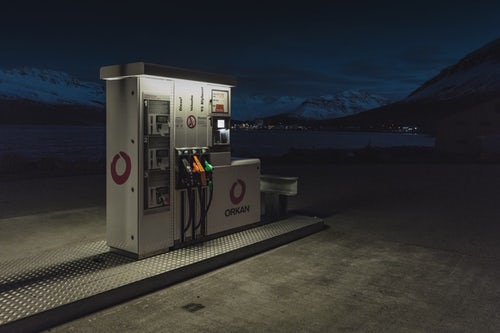ACCORDING TO INDUSTRY BODY, the FCAI (the Federal Chamber of Automotive Industries), Australian motorists and the environment will be beneficiaries of the Federal Government’s plans to support the operations of fuel refineries in Geelong and Brisbane, including improvements in fuel quality standards.
The FCAI has engaged with Government during many years regarding the actions necessary to improve the poor quality of Australian fuel standards, which rank among the worst in the world.
“The poor fuel standards in Australia relative to regions such as Europe and Asia have meant that some car companies have been unable to introduce some of the world’s best fuel efficient and environmentally friendly technologies to the Australian market,” FCAI chief executive Tony Weber said.
“We now have an excellent opportunity to align Australian fuel quality with the rest of the world, encourage the delivery of the latest engine technology and take further steps on the road to reducing CO2 emissions.”
Mr Weber cautioned that while this was a significant and positive step, the development of fuel standards was complex, and it required a cooperative approach with industry to ensure the best outcomes for Australia.
“We will continue to work with the Federal Government to deal with RON, aromatics and other parameters to remove the technical barriers that will allow us to ultimately align with the highest fuel quality standards in the world and bring the best engine technology to Australia,” he said.

The initiative was welcomed by Volkswagen, whose managing director Michael Bartsch, had earlier warned that Australia was at risk of becoming a third world automotive nation. Mr Bartsch said today’s announcement was a “major development in aligning Australia with first world fuel standards.”
“Volkswagen was the first and remains the foremost voice to call for the cleaning up of Australia’s highly sulfurous petrol,” Mr Bartsch said.
“Minister Taylor’s announcement this morning is potentially a big step forward to enabling Volkswagen to introduce the world’s most advanced and efficient conventional engines. Though VGA is examining the details, we are eager to discuss this new direction with our factory.”
As part of the Morrison government budget package for the two remaining oil refineries, upgrades will enable these to produce petrol to match the current world’s best practice of 10 parts per million of sulphur.
The change had been scheduled for 2027 to coincide with the belated introduction of Euro 6 regulations – which would have been some 13 years behind Europe.
Instead, local refineries would be ready to deliver 10ppm unleaded to bowsers in 2024.
